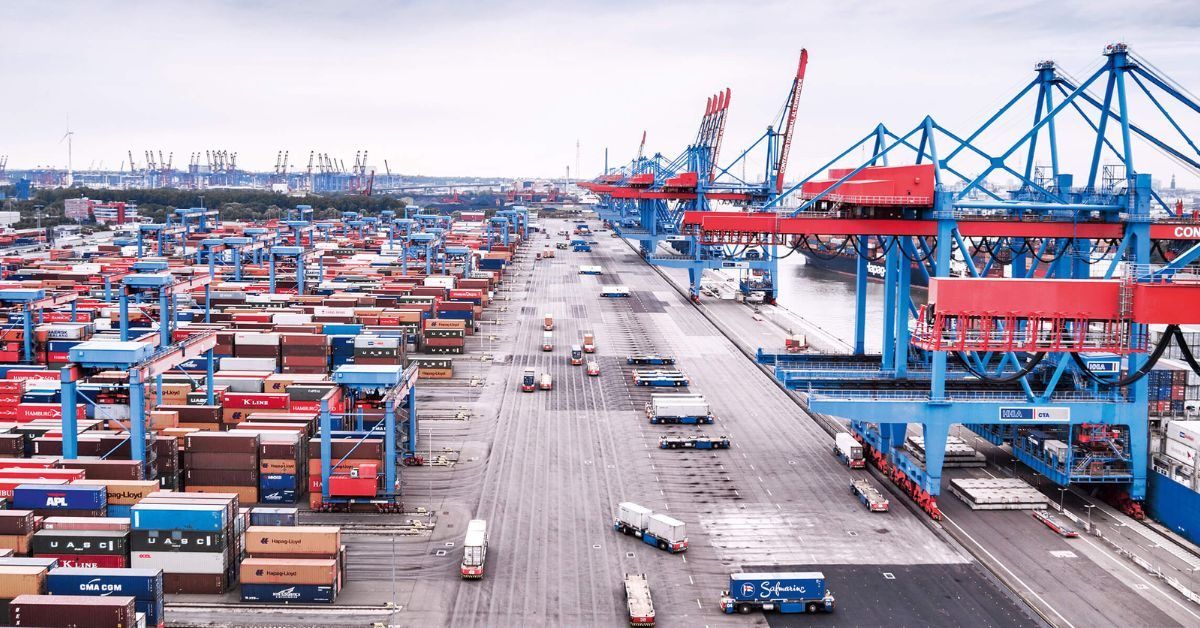Parash Jain, Head of Shipping & Ports & Asia Transport Research for HSBC predicts that after two years of unprecedented rises, container freight rates were seen as having peaked with a down cycle in 2023 – 2024 imminent driven by overcapacity. However, the sector may not return to losses, which have so often characterised it over the last two decades pre-pandemic.
“There are signs that spot rates could fall to pre-pandemic levels swiftly on the widening demand-supply gap (as seen in the BDI), but we maintain that contract rates should settle above their pre-pandemic levels and that capacity discipline will keep spot rates from lingering at trough levels,” Jain said.
He said profits are set to fall from their peak estimated for 2022, but would still be better in the past. The largest public-listed container line AP Moller – Maersk has forecast EBITDA of $37bn for 2022.
The deep slide in rates from current levels will be driven by a mismatch between container growth and the supply of new vessels. HSBC projects global container trade will decline 2% in 2022 and 3% in 2023 before recovering by 2.5% in 2024. By contrast vessel capacity will increase by 6.2% in 2022, and 6.5% and 8% in 2023 and 2024, respectively.
After two years of unprecedented rises container freight rates were seen as having peaked with a downcycle in 2023 – 2024 driven by overcapacity. However, Parash Jain, Head of Shipping & Ports & Asia Transport Research for HSBC does not believe the sector will return to losses, which have so often characterised it over the last two decades pre-pandemic.
“There are signs that spot rates could fall to pre-pandemic levels swiftly on the widening demand-supply gap (as seen in the BDI), but we maintain that contract rates should settle above their pre-pandemic levels and that capacity discipline will keep spot rates from lingering at trough levels,” Jain said.
He said profits are set to fall from their peak estimated for 2022, but would still be better in the past. The largest public-listed container line AP Moller – Maersk has forecast EBITDA of $37bn for 2022.
The deep slide in rates from current levels will be driven by a mismatch between container growth and the supply of new vessels. HSBC projects global container trade will decline 2% in 2022 and 3% in 2023 before recovering by 2.5% in 2024. By contrast vessel capacity will increase by 6.2% in 2022, and 6.5% and 8% in 2023 and 2024, respectively.
HSBC said it expected the sector to bottom out in 2024, noting its forecasts were well below consensus for 2023 – 24.
Despite the lower profit forecasts HSBC maintaining a buy on two container shipping stocks – Maersk and SITC.
“Come 2024 (trough year in this down-cycle), we believe Maersk will have returned just over 50% of its market cap to shareholders and will be valued as a less cyclical business, with non-ocean contributing 44% of its operating profit,” the report said.






